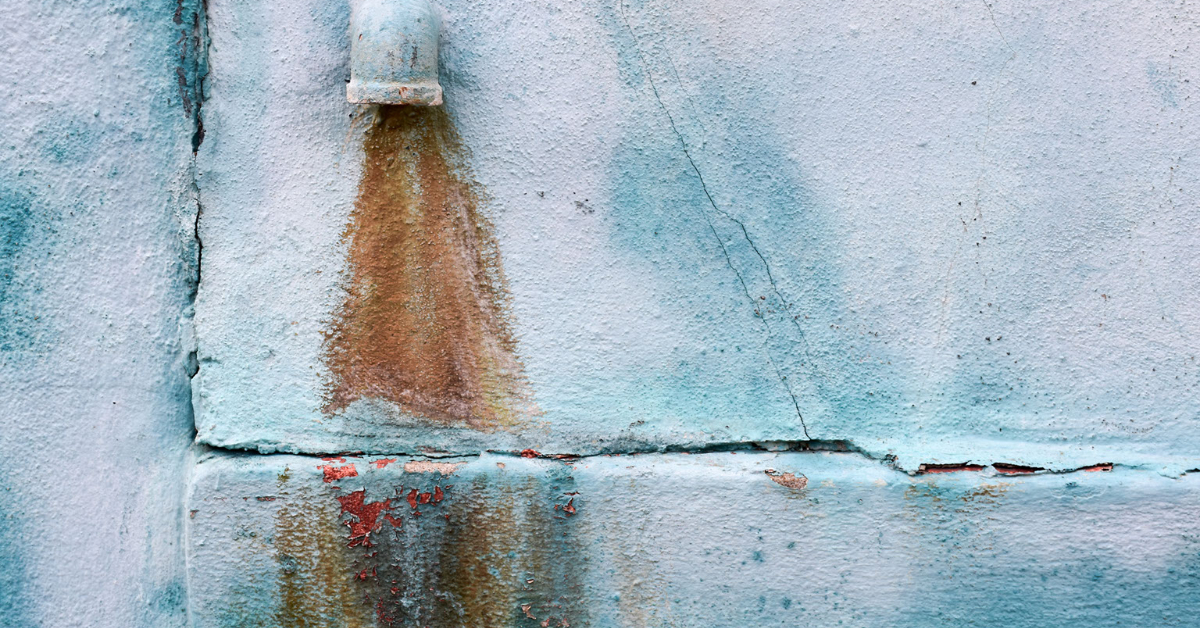
Lead can get into the water in several ways. One common way is through the corrosion of lead pipes, which can occur when water sits in the pipes for an extended period of time. The corrosion can cause the lead in the pipes to leach into the water.
Lead can also get into water through the use of lead-based paint, which is commonly used in older homes. When the paint begins to peel or deteriorate, it can release lead particles into the air and water.
In addition, lead can get into water through the use of certain pesticides and fertilizers that contain lead, or through the release of industrial waste that contains lead.
Exposure to lead can be harmful to your health, especially for young children and pregnant women. Lead can accumulate in the body over time, but even small amounts of lead can have negative health effects.
Some of the potential health effects of lead in water include:
It is important to note that the health effects of lead in water can vary depending on the individual and the amount of lead exposure.
It is generally recommended that homes built before 1968 have their water tested for lead. Home test kits can be a convenient and relatively inexpensive option. However, it is essential to note that the accuracy of these kits can vary. They may not be as reliable as testing performed by a professional. Follow the instructions carefully and use the kit according to the manufacturer’s recommendations. It is also a good idea to have your water tested by a professional as well, to confirm the results of the home test kit and ensure that any potential problems are accurately identified and addressed.
If you are concerned about the possibility of lead in your drinking water, contact Earthwatch Environmental Consultant today!